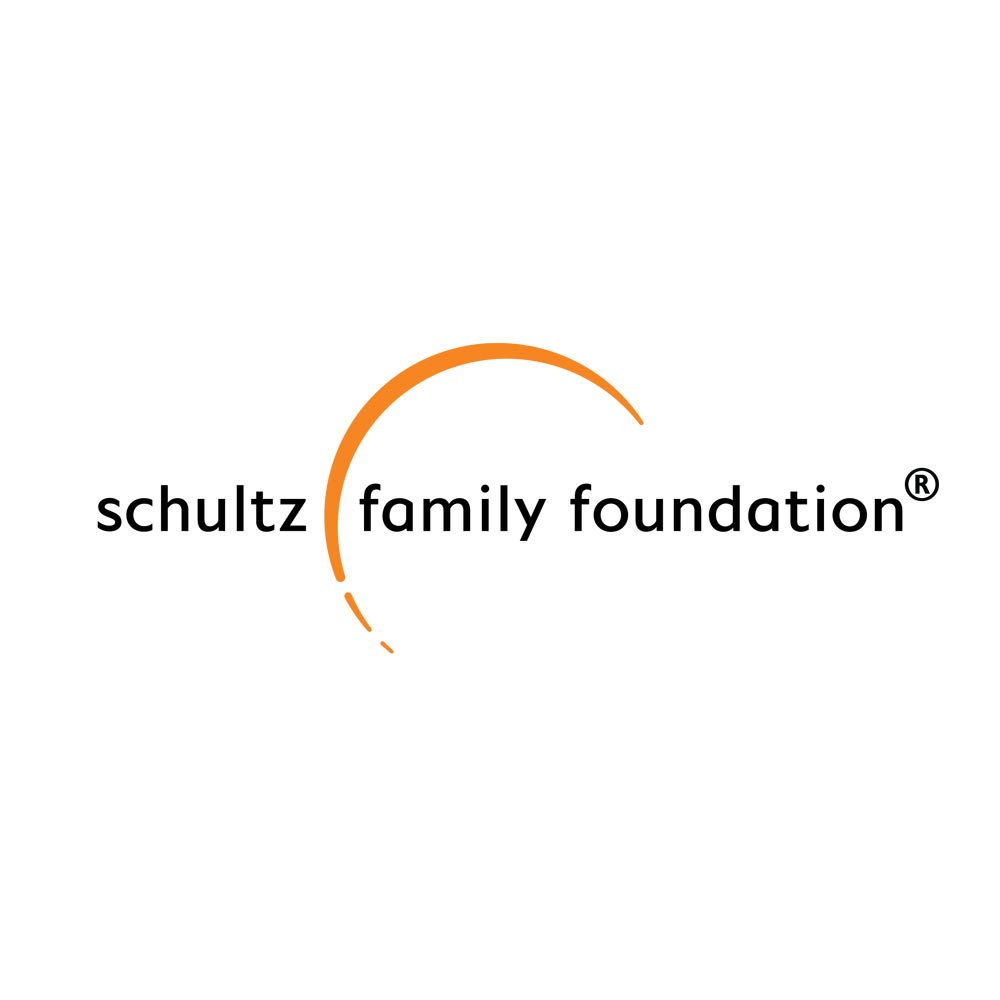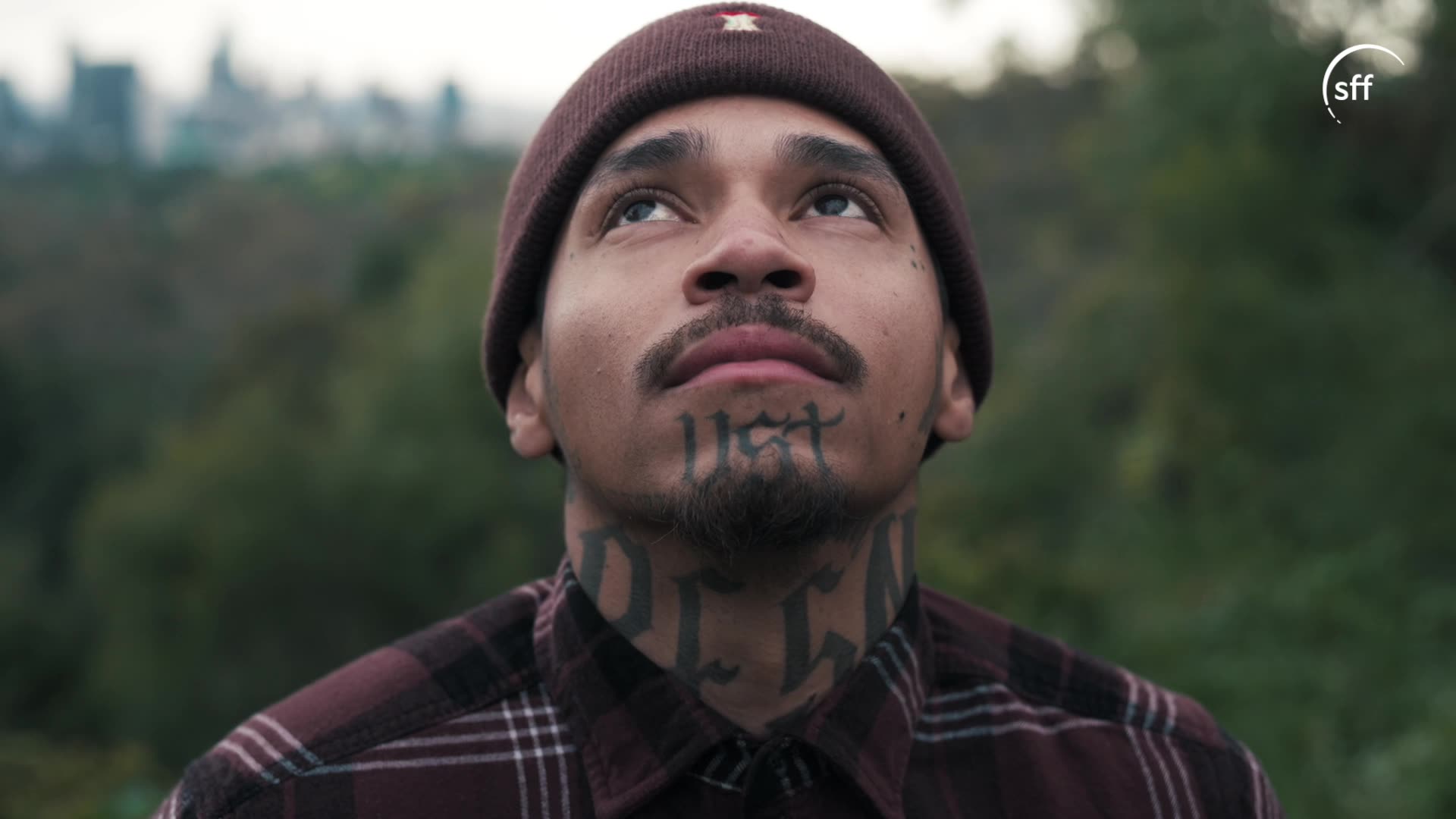Our Commitment to Young Adults

Dear Friends,
Navigating the transition to adulthood can be a daunting experience for anyone. For well-educated and connected young people, finding a job, a place to live, and building a career certainly has its challenges but also comes with a lot of support. For those without a well-networked school or family, the path forward can be uncertain and fraught with the risk of missteps along the way that leaves too many young adults stuck in lower paying jobs despite their enormous potential. While success is certainly achievable with determination and hard work, if we’re being honest, hard work alone often is not enough.
The truth is the path isn’t the same for everyone. The impact of historic marginalization, broken systems and an ongoing pandemic have disproportionately affected young adults, particularly Black, Indigenous, and other people of color. These systems and experiences have created barriers to securing essential resources and making decisions about their futures that will help them access opportunities for economic mobility during this key phase of their lives.
Data tells us adolescents and young adults face some of the highest poverty rates of any group in the United States, with about one in five young adults living in poverty. And that over the long-term, if a person in this country doesn’t find steady employment before they are 25-years-old, they will earn 44% less over their lifetime compared to their peers. Over the last two decades, workers without four-year college degrees have lost ground in occupations that used to be ladders to middle-class lives for them and their families. Only 40% of workers aged 18 to 24 say they have what they need to advance in their jobs.
Recognizing the role that race, ethnicity, gender, sexual orientation and geography play in determining health, wealth and educational outcomes, we are bolstering our commitment to advancing opportunities for young adults ages 16- to 24-years-old to access, forge, and sustain pathways to thrive. We know young adults from communities that are marginalized face multi-faceted challenges, and that a strong network of mentors, champions and teachers is just as important as hard work when it comes to economic prosperity. As we evolve our approach to supporting young people, our goal is to do more to put equity into practice and center the lived experience and needs of the communities we serve.
Building on the knowledge, network, and insights gained from our grantmaking to date, while listening to other leaders and young adults in this space, we’ve identified four broad priorities based on their potential for impact, their interdependence, and the opportunity for innovation and philanthropic impact. Each of these areas has the potential for disruptive new models, products, and platforms to significantly enhance the lives of young adults striving for a better life. These strategic pillars, while not exhaustive or comprehensive in helping young adults successfully transition into adulthood, will guide our giving to support young adults going forward. They include:
- Enhancing efforts to meet basic needs so young people can focus their valuable time and resources on educational and professional opportunities.
- Increasing and improving navigation supports by investing in solutions that help young adults access high-quality platforms, programs, and tools that advance them along a path that promotes upward mobility.
- Building social capital to boost a young person’s opportunities for success by identifying solutions that enable young adults to access webs of support and network development opportunities.
- Changing employer practice by advancing work that promotes making hiring, support, and advancement opportunities attainable and accessible to all young people.
As we pursue this work, we recognize the need to center community and co-design solutions that have the greatest potential to impact the conditions and pathways for people who share their circumstances. It is only with the ongoing support of our partners and their tireless work on the ground in the communities we serve, that a brighter, more equitable and fulfilling future for young adults is possible. We look forward to staying connected as we partner and learn more in support of young adults.


